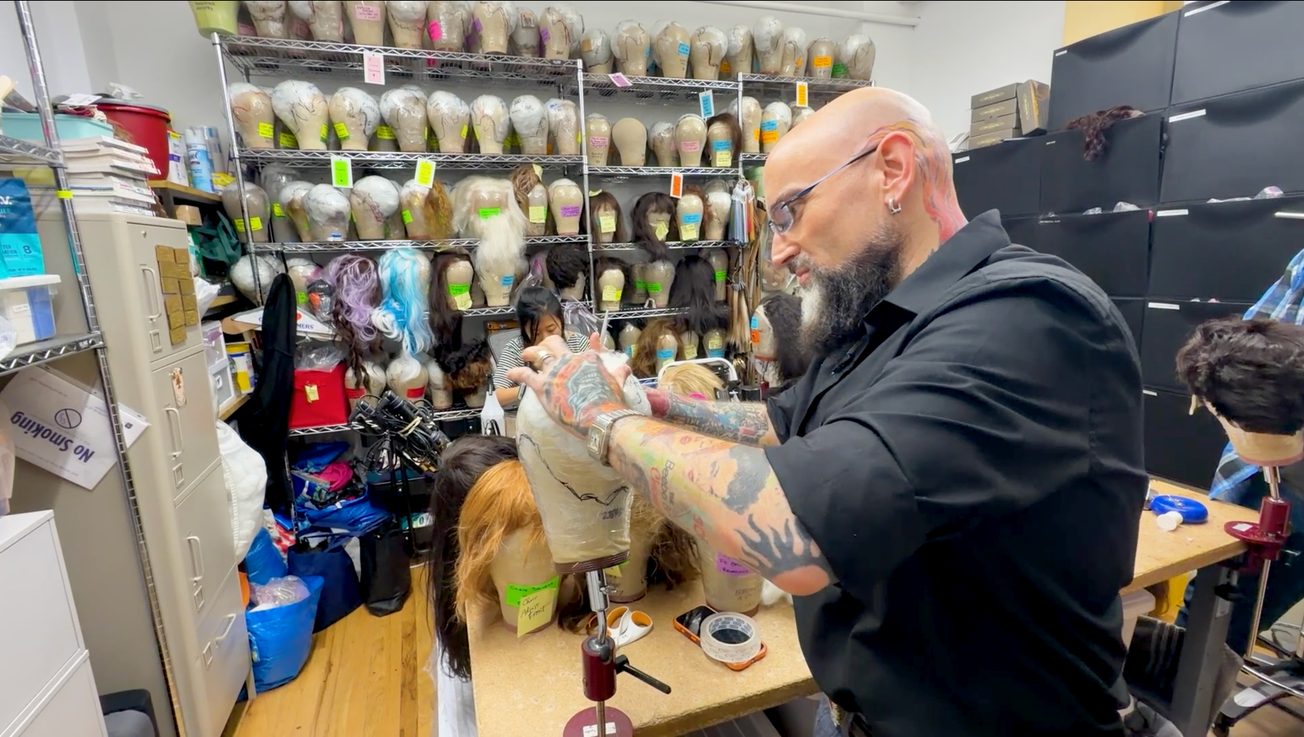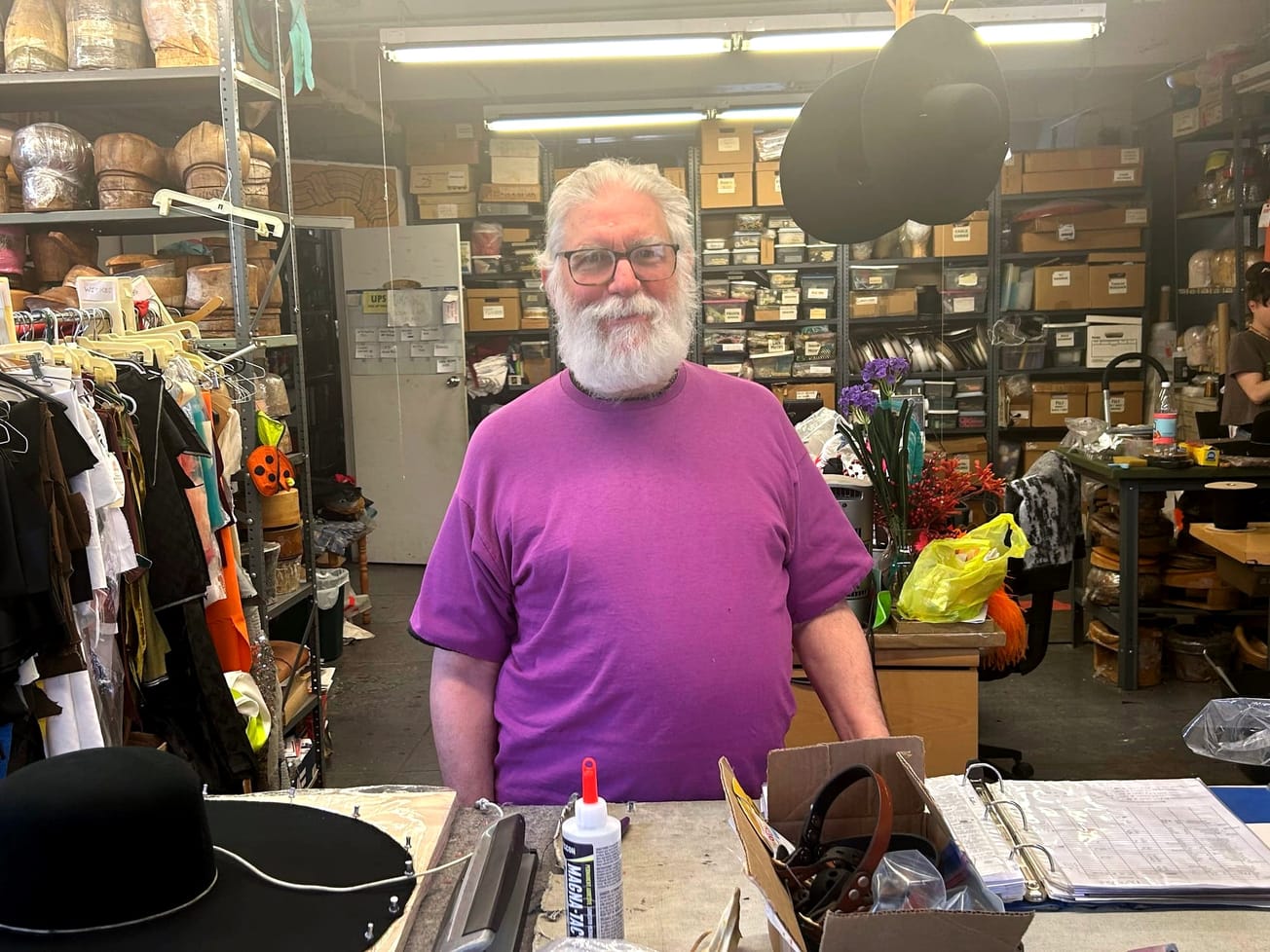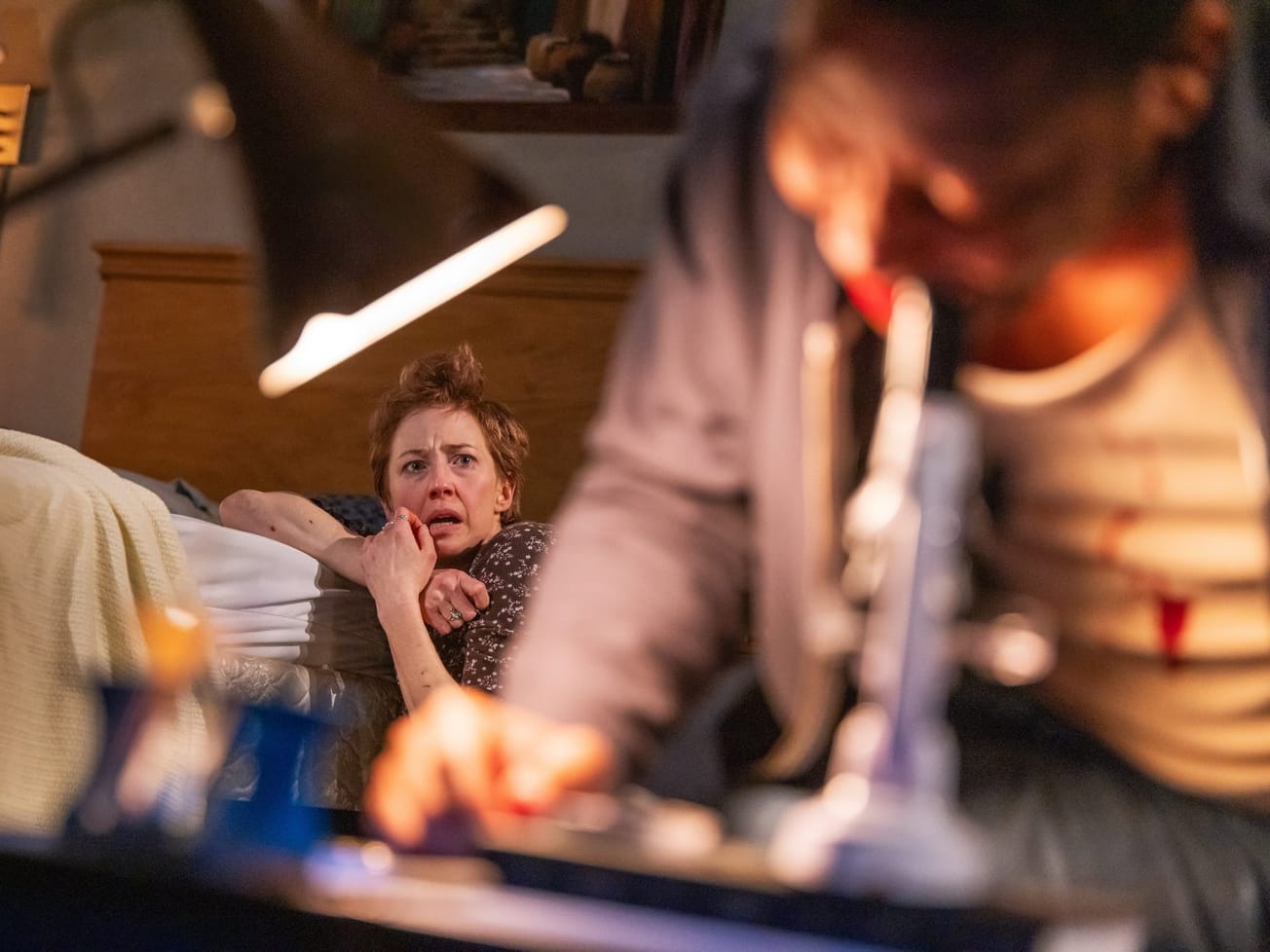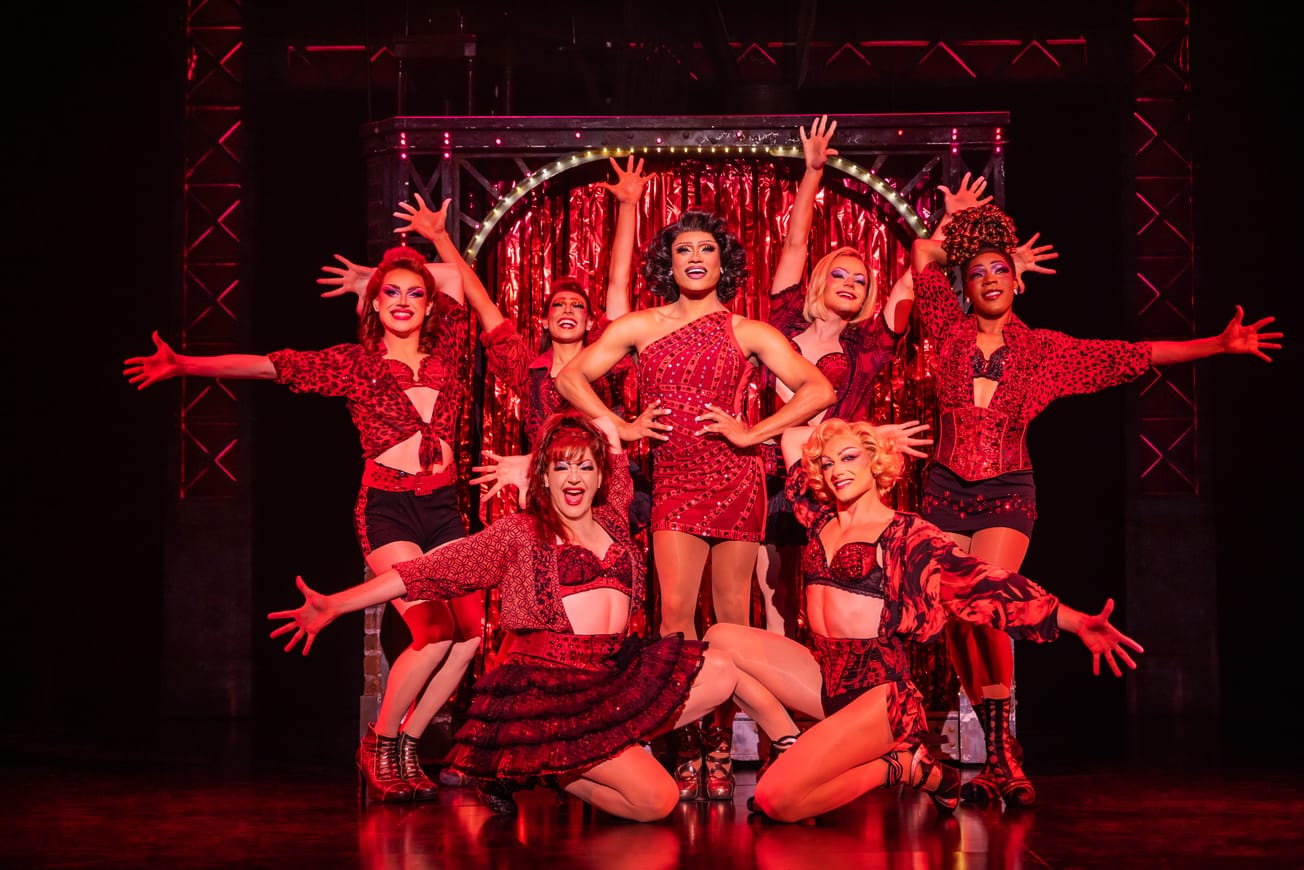“I wanted it to feel buoyant,” Tony Award-nominated director Whitney White told Broadway News of molding Bess Wohl’s new play “Liberation.” The play toggles between present day and the 1970s as a woman named Lizzie imagines what her mother’s consciousness-raising group during feminism’s second wave might have been like. A theatrical piece on this topic could feel heavy, but Wohl’s script and its mounting have a glow and a lightness to it.
“Also it’s the characters,” Whitney added. “They’re hilarious.”
Wohl, a Tony-nominated playwright, has assembled a group of wildly different personalities that join the consciousness-raising (CR) group of Lizzie’s imagination. There’s Margie (played by Tony-nominated actor Betsy Aidem), an older housewife who is ambivalent about the idea of the CR gathering. Dora (played by Audrey Corsa) is a young, white woman trying to make way in her limited career and contemplating her romantic relationship. Lizzie’s mom (Susannah Flood) is a journalist. Celeste (Kristolyn Lloyd) is stoic and professional and the only Black woman in the group. Isidora (Irene Sofía Lucio) is an Italian immigrant who married for a green card. Susan (Adina Verson) is an out lesbian and currently unhoused, living out of her car.
“I wanted a very diverse and multifaceted group of people, but I also didn’t want it to feel like I was ticking off boxes of one person like this, one person like this,” Wohl noted. “The thing that really broke that open for me was talking to actual women from the time, and they’re all so singular.”
“I did a ton of research, I interviewed a lot of women and so many little details of things that they told me found their way into the play,” Wohl continued. “And the minute you’re talking to real people, [the character you’re writing] no longer feels like an archetype. They feel like a person.”
As White said, “This play really stood out because the women were so 3D.”


























































